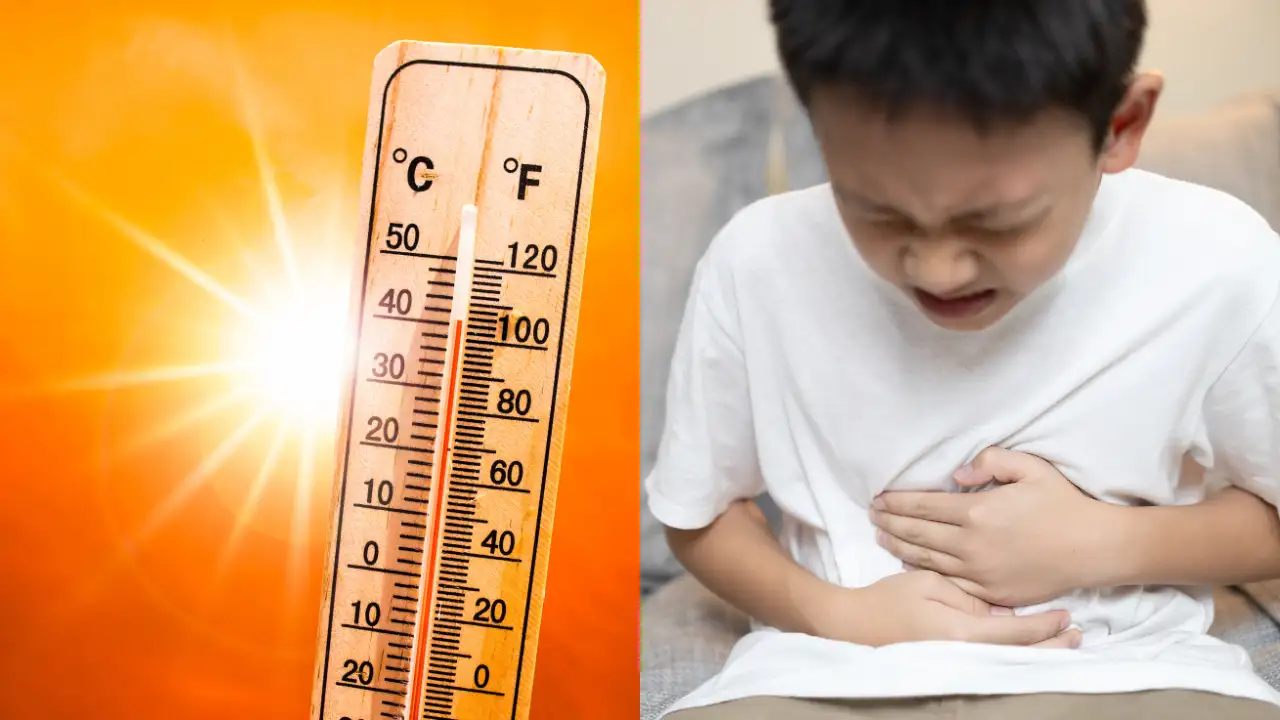There is something about summer that makes children want to live their best lives, drinking slushies, having ice creams, munching on tangy chaats and sipping from roadside stalls. But a prolonged spell of scorching temperatures for several days increases the chances of gastro-related illness among all age groups significantly.
"During hot months, not only viruses but harmful bacteria such as E. coli, Salmonella, and Shigella grow rapidly,” warns Dr. Veerendra Koujalagi, gastroenterologist, Sparsh Hospital, Bangalore. These bugs thrive in soaring temperatures, making food and water their playground and children, their favourite targets.
Why are kids so vulnerable to summer stomach woes?
The doctor has a theory. “This happens due to their love for street food, chilled drinks, and packaged snacks during holidays,” he explains. Add sweaty games, questionable hand hygiene, and a general disregard for anything that does not sparkle or sing a jingle and you have got the perfect storm for GI (gastrointestinal) distress.
The Usual and Unusual Causes
The symptoms of summer tummy trouble tend to march in with diarrhoea, vomiting, cramps, gastritis, and general gut issues. “The reason behind the occurrence of all these diseases”, says Dr. Koujalagi, “is consuming contaminated water, stale food or unhygienic food.”
Parents, brace yourselves. Your child’s habit of eating with dirty hands after cricket or drinking from that suspicious-looking tap near the playground is not doing their gut any favours. “Frequently touching dirty surfaces and ignoring basic hygienic practices like handwashing,” adds the doctor, “combined with poor hydration, leads to loss of fluids and electrolytes through sweating.”
Warning Signs
While a one-off tummy ache might not ring alarm bells, there are signs you should never ignore. “Early indications can include sudden stomach pain, vomiting and loss of appetite,” warns Dr. Koujalagi. “If these are accompanied by signs of dehydration like dry mouth, no tears while crying, and decreased urine output, immediate medical attention is necessary.”
Prevention
Hydration is the basic key. Ensure your child drinks plenty of clean water throughout the day. "Oral rehydration solution is the best option to manage mild to moderate dehydration,” says Dr. Koujalagi.
Nature has its own healing potions too. “Coconut water and buttermilk are also naturally packed with electrolytes,” he adds.
In the kitchen, parents need to channel their inner health inspectors. “Always prepare meals with freshly washed vegetables and clean hands. "Avoid packing perishable items in lunch boxes, and steer clear of street food and uncooked items during the summer,” he advises.
“Teach children to wash their hands before eating. If soaps are not available, use alcohol-based sanitisers,” says the expert. Playtime needs planning too: “Outdoor activities during peak sun hours (12 to 4pm) should be limited. Encourage breaks in the shade and sipping water frequently.”
It is All in the Diet
One simple trick to beat heat-related gut blues? “Add natural probiotics like yoghurt or curd in the daily diet,” recommends Dr. Koujalagi. “They help maintain gut health, improve digestion, and restore healthy bacteria after diarrhoea.”
And if a child “shows signs of persistent vomiting, high fever, or cannot keep fluids down”, do not wait it out; get to the doctor. These could point to a serious infection needing immediate treatment.
Summer should be about mangoes, mischief, and memories, not ER visits. With vigilant hygiene, adequate hydration and timely medical care, parents can always ensure that their children stay healthy and enjoy the season safely.
